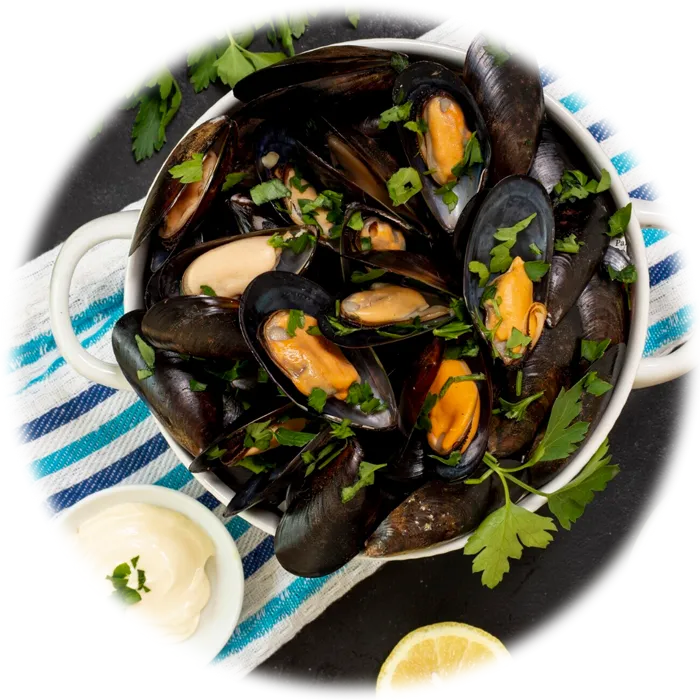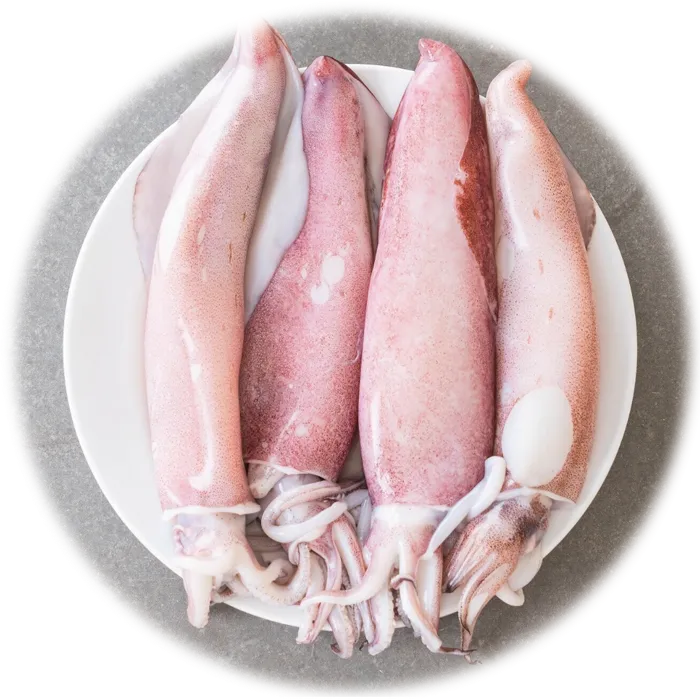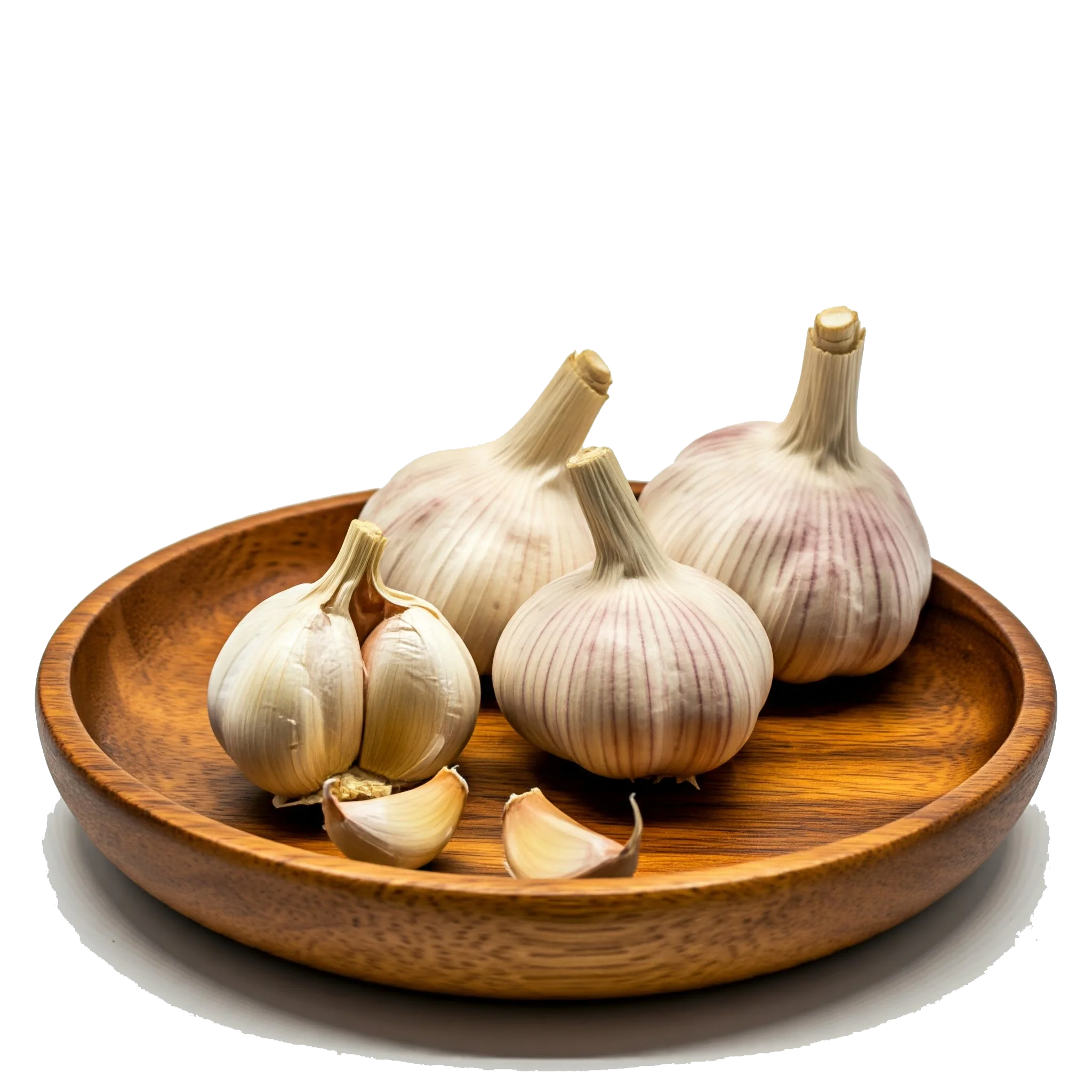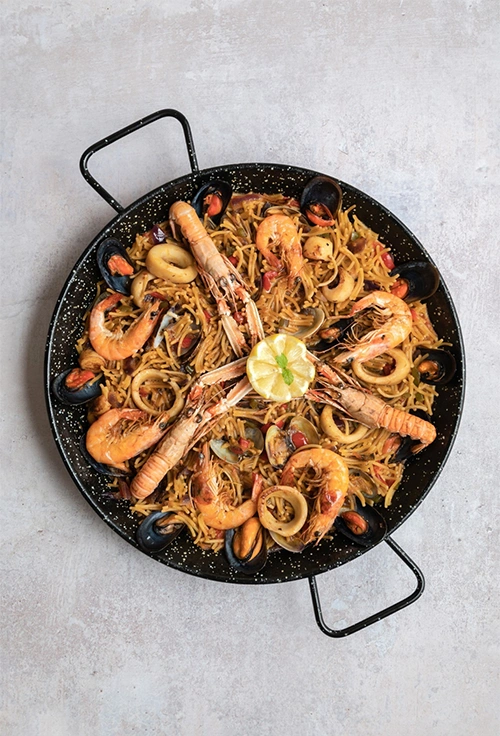

Top Health Benefits of Seafood Fideuà You Need to Know
Seafood Fideuà is a flavorful and nutrient-rich Mediterranean dish that offers a well-balanced combination of macronutrients. It is particularly high in lean protein thanks to the generous use of seafood such as shrimp, squid, mussels, and clams, which are excellent sources of omega-3 fatty acids, vitamin B12, selenium, and iodine. These nutrients support heart health, brain function, and thyroid regulation. The dish also contains complex carbohydrates from the noodles, which provide steady energy. When cooked with olive oil—a staple in Mediterranean cuisine—Fideuà contributes healthy monounsaturated fats known for their anti-inflammatory and cholesterol-lowering properties. Vegetables like tomatoes, onions, and peppers add dietary fiber, antioxidants, and vitamins A and C. Overall, this dish is not only delicious but also supports cardiovascular health, muscle maintenance, and metabolic function when consumed as part of a balanced diet.
 Vermicelli : 300 g
Vermicelli : 300 g Shrimp : 8 Piece
Shrimp : 8 Piece Clams, Mussels : 20 Piece
Clams, Mussels : 20 Piece Calamari : 250 g
Calamari : 250 g Onion : 1 Piece
Onion : 1 Piece Tomato : 2 Piece
Tomato : 2 Piece Garlic : 3 clove
Garlic : 3 clove Bell Pepper : 1/2 piece
Bell Pepper : 1/2 piece Infused /
Saffron : 1 Tablespoon
Infused /
Saffron : 1 Tablespoon Red Pepper : to taste
Red Pepper : to taste black pepper : to taste
black pepper : to taste Olive Oil : 5 Tablespoon
Olive Oil : 5 Tablespoon Salt : as needed
Salt : as needed Lemon : 1 Piece
Lemon : 1 Piece aioli sauce : to taste
aioli sauce : to tasteRecipe :
For 4 people
Enjoy your flavorful Spanish Seafood Fideuà!
To achieve the best results when preparing Seafood Fideuà, attention to detail and timing is key. First, ensure that the seafood is fresh and properly cleaned; sand in mussels or poorly deveined shrimp can ruin the dish's texture and taste. Lightly toasting the noodles in olive oil before adding liquid adds a rich, nutty flavor and helps prevent them from becoming mushy. Using a high-quality seafood or fish broth enhances the depth of flavor far more than water. Do not overcook the seafood—shrimp and squid become rubbery if left too long on heat. Instead, add them in stages according to their cooking time. Allow the dish to rest for a few minutes after cooking to let the flavors settle and the noodles firm up. Always cook Fideuà in a wide, shallow pan to ensure even distribution of heat and proper absorption of the broth, which is essential for the traditional texture. A final garnish of fresh lemon and a drizzle of aioli (if desired) completes the dish beautifully.

Seafood Fideuà fits well within certain dietary frameworks but is not universally suitable. It aligns perfectly with the Mediterranean Diet due to its use of heart-healthy fats, lean protein, and fresh vegetables. It’s also ideal for pescatarians and high-protein diets, as it provides a rich source of marine protein and healthy fats. The dish can be adapted to suit the DASH diet by reducing sodium and portioning olive oil. However, it is not appropriate for ketogenic, paleo, or low-carb diets due to the high carbohydrate content from the noodles. Traditional Fideuà also contains gluten, making it unsuitable for those with celiac disease or gluten sensitivity unless gluten-free pasta is used. Furthermore, it is not vegan or vegetarian, as it heavily relies on seafood. For those following a low-calorie diet, the dish may be too energy-dense unless portions are reduced or oil content is modified. Understanding these distinctions is crucial for adapting Fideuà to your nutritional needs.
Lucas (May 20, 2025, 8:38 a.m.) : This looks incredible! Love how the noodles soak up all that rich seafood flavor — such a beautiful twist on traditional paella!
MİNDA (May 20, 2025, 10:04 a.m.) : Very nutritious